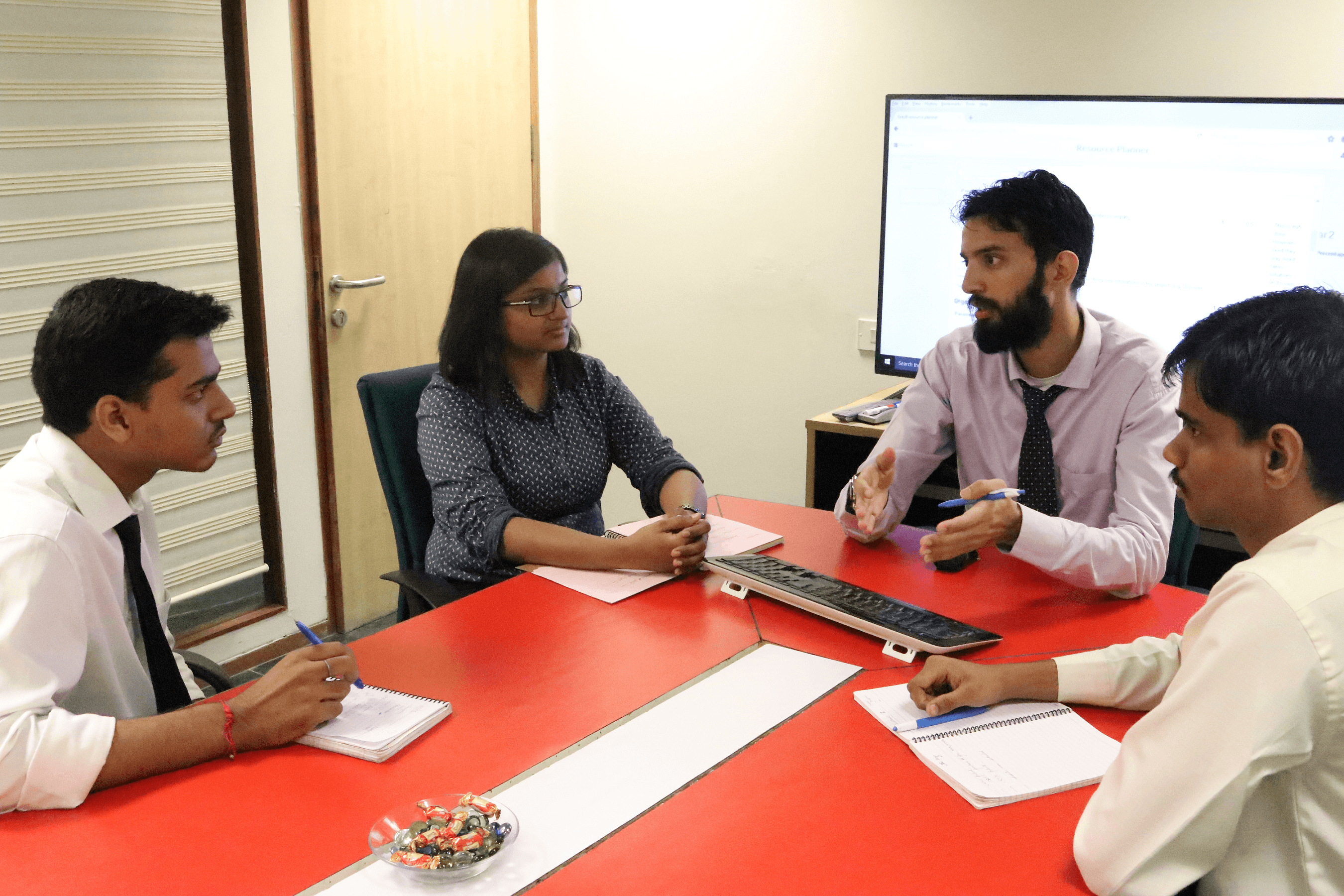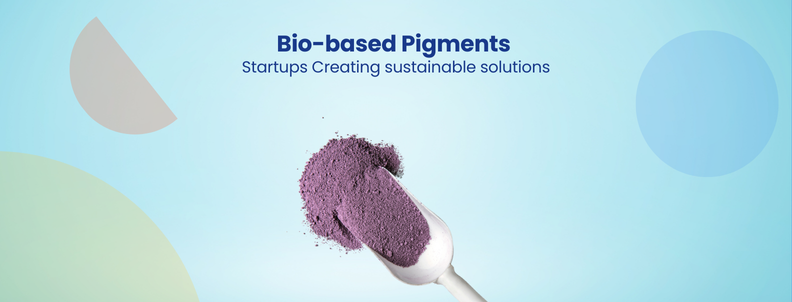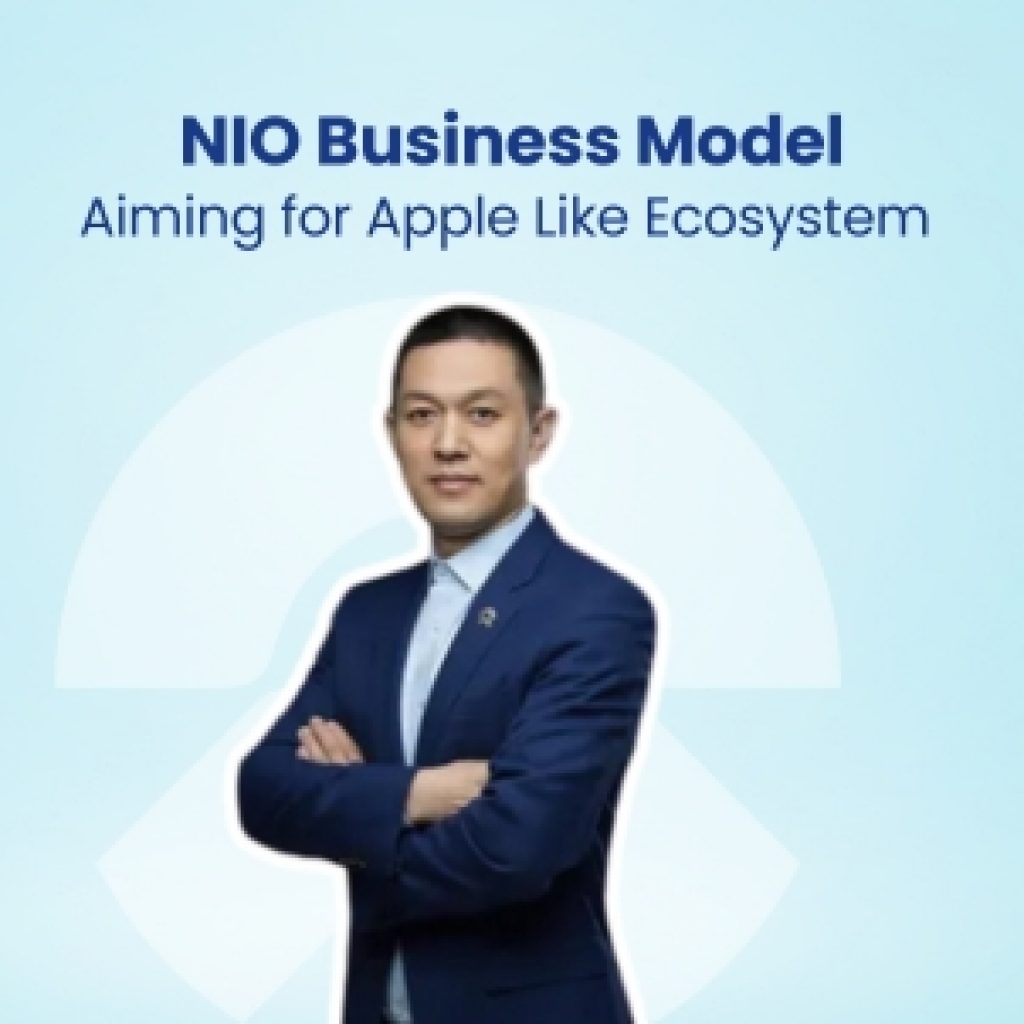It’s that time of the year again! (Read: Feedback)
As another quarter of the year comes to a close, it’s time to reflect and learn from experiences – which might include those little victories, that huge milestone, or those miniscule blunders – and try and not repeat the same the following quarter. Of course, the good things ought to be repeated.
It’s feedback season and nervous perspiration can be quite common. The anxiety of what comes next coupled with that sick feeling in the stomach for that blunder you made earlier this month and the effect it would have on your rating. You might be overthinking it, and man! it does reflect on your face.
Rest assured, though feedback could be scary, it’s not Dead or Alive. Your feedback won’t kill you and in the words of the German philosopher, Friedrich Nietzsche, what doesn’t kill you, makes you stronger. And better.
While each of us awaits our individual feedback, in the meanwhile, a myth, which is commonplace in the industry ought to be busted. The myth is- The professional growth of a person is directly proportional to their intelligence. The higher their level of intelligence, greater their chances of achieving major professional milestones.
Yes, it’s a myth and not true in its entirety. In fact, intelligence has little to do with growth. Sure, it would help you in your earlier years but as the crowd gets smaller, and you get closer to the top, your intelligence will not alone suffice to get to the next level.
It takes something else.
And what exactly is that?
In an internal email, Deepak Syal, Director of GreyB, hints at the element while exploring the question – Why some people seem to make constant progress in their professional lives while others fail?
A thought-provoking question answered based on years of experience, should be common knowledge. With that thought, we shared Deepak’s original mail in its entirety below, such that more people could benefit from it.
Just one piece of advice before you figure the secret – Feedback can be life-changing. All you need to do is listen- both the good and the bad parts. While you ought to cherish the good parts, do hear the bad parts out, analyze what went wrong and try to do it right the next time. You don’t always get second chances.
Yesterday, I was preparing feedback for one of my mentees and while browsing through last year feedback, I found one feedback discussion where the person responded by saying – ‘Most of the times I am not understood correctly’.
Over the period of last 13 years, I have worked with a lot of intelligent people. I do not know how to define intelligence but for the sake of discussion, let’s consider intelligence as the capability of the person to do what he is skilled in doing – very well and acquire new skills fast.
Initially, I used to think that intelligence is the most important criteria that determine the growth of an individual. Later as people within GreyB moved to a higher level, I observed a very different phenomenon. It made me think –
Why is it that some people seem to make constant progress in their professional lives, while others appear to be doomed to repeat the same mistakes over and over? Especially on the things that could not be handled by mere intelligence. There are quarterly and yearly feedback to take care of this but what I’ve noticed an interesting mindset difference between these two groups: they approach obstacles and challenges very differently.
The first group approaches life with an open mind—an eagerness to learn and a willingness to be wrong. The second group gets uncomfortable at the first sign of disagreement and would rather die than be wrong. The way each group approaches obstacles, it turns out, defines much of what separates them.
I figured out that intelligence played an important role in individual growth only in the first few years and after first few years attitude started contributing more. There were a lot of people who were very intelligent but nobody wanted to work with them. Even if they could learn things very fast they were closed about those learnings.
An example of a response to a feedback if someone is not able to articulate his thoughts very well – “I am very good in technology, how can it be that I am not able to explain the concept to the client – You are wrong.”
By default, this is how our brain thinks or reacts to the Feedback discussions – Tell me all the good things about myself else I will automatically consider you as someone whose personal aim is to destroy me. My brain will stop listening in the middle of a discussion and give you all the arguments that I have in my mind whether connected to the topic we are discussing or not.
Show me a guy who’s afraid to look bad, and I’ll show you a guy you can beat every time.
— Lou BrockThis email was not to convey that we all think in this way but this is more of a personal experience, and I thought to convey that if we see any seed of a closed mindset in ourselves, or we observe any such statement (like the one above) coming out of our mouth: we stop for a moment and try to ask why the other person is saying like that and what I can do to change it. This will even make a feedback full of improvement pointers into a positive experience for both the parties.
This article is a part of Internal Email series in which we publish emails circulated inside GreyB. The above email is sent by Deepak Syal, Director– Operations. You can read other such emails here.









